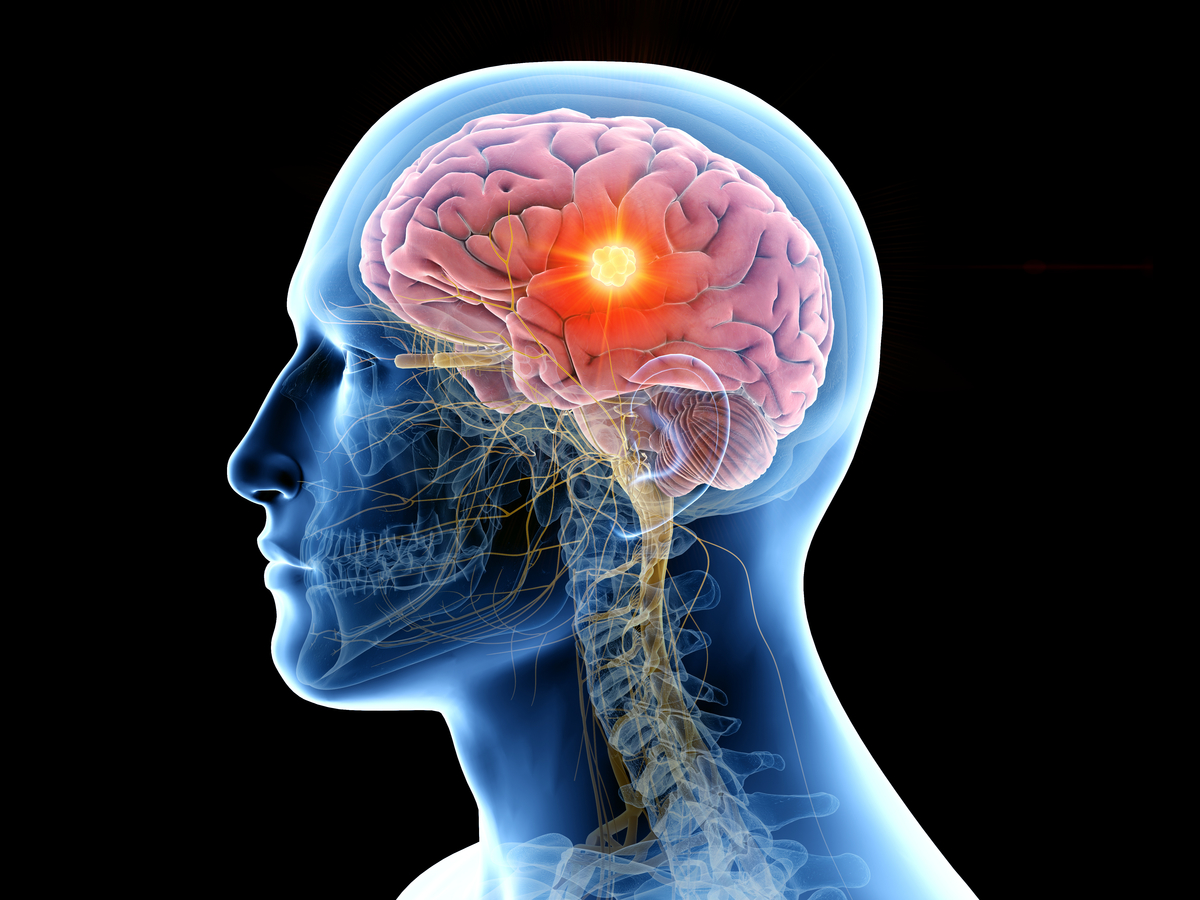Now Reading: Turning Off Smartphone Internet Could Help Reverse Brain Aging
-
01
Turning Off Smartphone Internet Could Help Reverse Brain Aging
Turning Off Smartphone Internet Could Help Reverse Brain Aging

Speedy Summary
- A study conducted by the University of British Columbia involved 400 participants who disabled internet access on their smartphones for two weeks while retaining calling and texting functions.
- Participants experienced significant improvements in sustained attention, resembling cognitive performance levels of individuals ten years younger.
- Benefits included better sleep quality, reduced anxiety-especially among heavy social media users-and increased mental presence.
- Withdrawal symptoms like phantom notifications were reported initially but faded by the end of the first week.
- follow-up assessments months later showed lasting improvements in focus and anxiety reduction, even among older participants.
Indian Opinion Analysis
The findings of this study underscore the growing concern over screen-time reliance in modern life. With India being one of the largest markets for smartphones and internet usage globally, these revelations hold particular relevance. Excessive dependence on mobile internet often overlaps with rising reports of screen addiction, disrupted sleep patterns, and anxiety-issues becoming increasingly common across demographics.
This research suggests simple interventions like limiting mobile internet can foster better mental health outcomes. Implementing such practices at an individual level may not onyl enhance daily productivity but also aid long-term cognitive resilience. While practical challenges remain-such as managing work responsibilities tethered to digital connectivity-the findings present an chance for India to explore policies promoting “digital detox” initiatives or encourage awareness campaigns about conscious smartphone use.
























